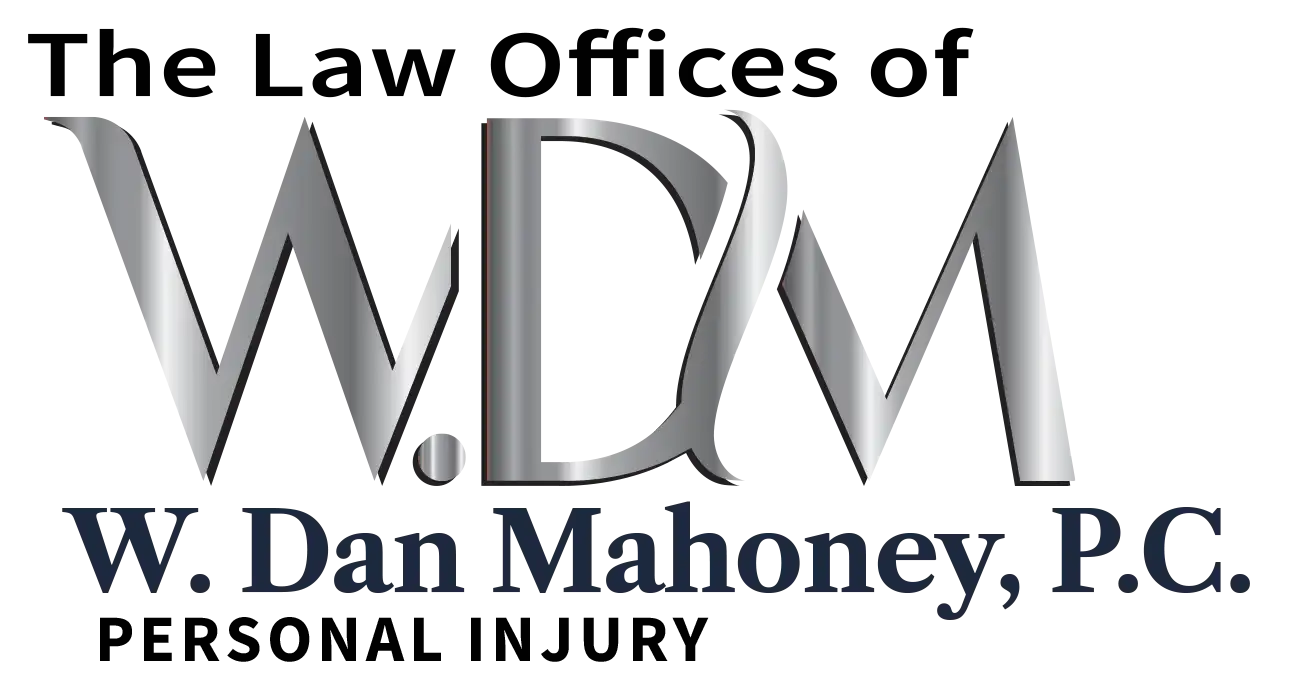We made a point previously on our Denver personal injury law blog that may warrant some further discussion and clarification. In a post about an accident involving a city worker, we noted that an employer can generally be held accountable for an employee’s dangerous or negligent acts. There are certain exceptions, though, which may have left readers wondering: just when is an employer responsible for an employee’s negligence?
The simple answer is that an employer is responsible for anything its workers do in the course of their employment. So, if the worker is doing something directly authorized by the employer, or even something very closely related to the authorized task, the employer will be liable for any negligence on the part of the employee. This is the legal doctrine of “respondeat superior,” Latin for “let the superior give answer.”
Looking closely at that definition, however, we can see that problems may arise. What if a worker goes outside the scope of employment at the time of an accident? For example, if a delivery driver who is on a scheduled route strikes a pedestrian, is that the same as a delivery driver who deviates from the route to run a few personal errands and causes an accident in the process?
The answer is no. Respondeat superior would likely apply in the first scenario. In the second, however, a court would probably consider the employee to be acting outside the course of employment and would not consider the employer to bear liability for the accident.
While it may be clear in some accidents whether respondeat superior should apply, in others it can be a gray area, and an employer will typically try to argue vehemently against liability. A legal professional can help accident victims identify which defendants may truly bear liability, and seek compensation from those who do.
Source: Findlaw.com, “An Employer’s Liability for Employee’s Acts,” accessed on Feb. 23, 2018
